Mark Zuckerberg Book Recommendations
Co-founder of Facebook (now Meta Platforms), Mark Zuckerberg revolutionized social networking, connecting billions of people worldwide. As the CEO of Meta, he continues to shape the future of social media, virtual reality, and the metaverse. Zuckerberg's influence on communication, information sharing, and social interaction is undeniable, making him a central figure in the digital age.
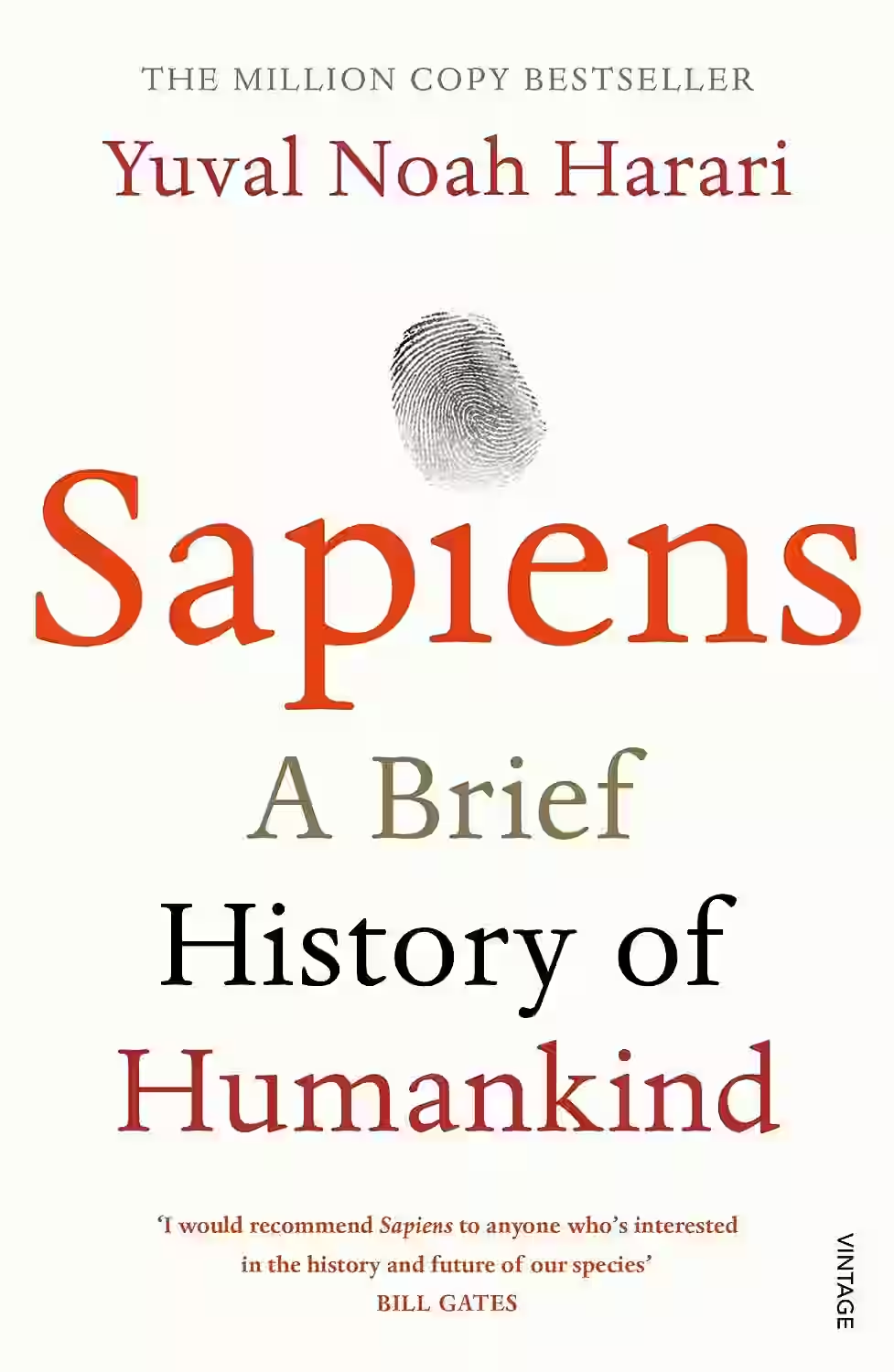
Yuval Noah Harari's Sapiens charts the epic history of humankind, from early Homo sapiens to today's complex world. It explores the Cognitive, Agricultural, and Scientific Revolutions that defined our development. Harari examines the role of shared beliefs in enabling mass cooperation and questions the essence of our humanity and future. This insightful work offers a broad perspective on our origins, progress, and the challenges we face.
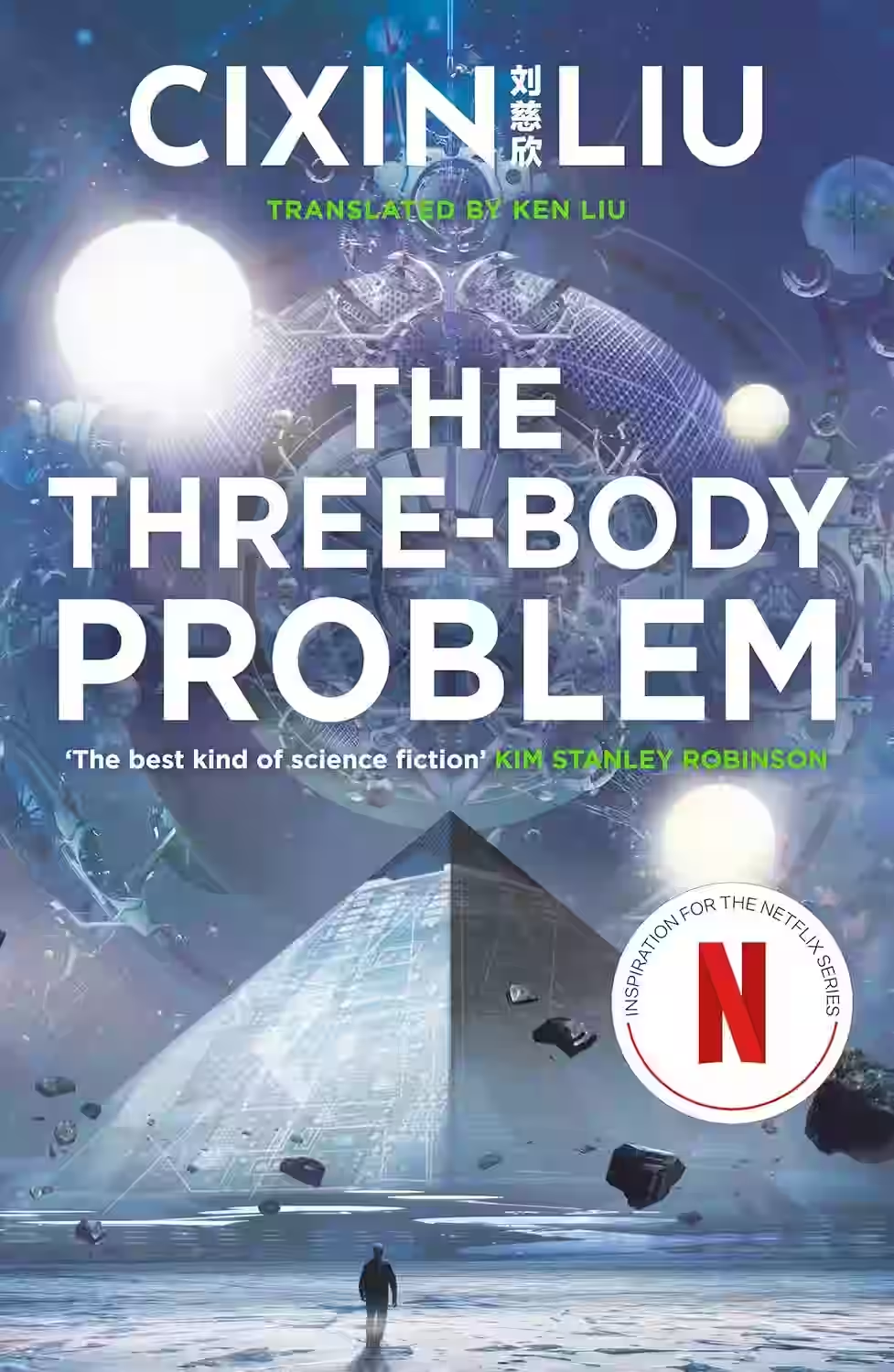
Set against the backdrop of China's Cultural Revolution, a secret military project sends signals into space to establish contact with aliens. An alien civilization on the brink of destruction captures the signal and plans to invade Earth. Meanwhile, on Earth, different camps start forming, planning to either welcome the superior beings and help them take over a world seen as corrupt, or to fight against the invasion.
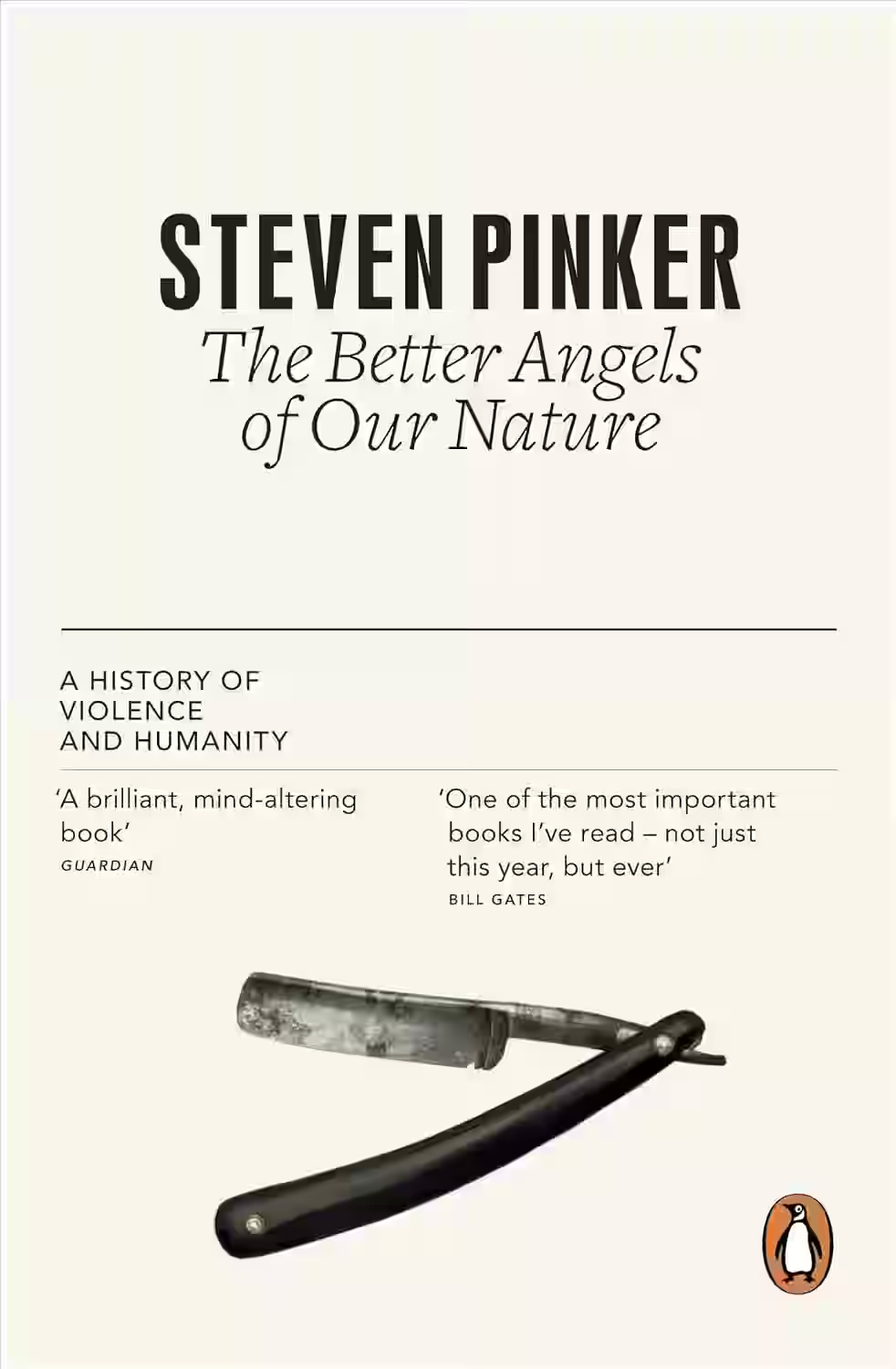
In The Better Angels of Our Nature, cognitive scientist Steven Pinker argues that, contrary to popular belief, violence has declined significantly over human history. Drawing on data from psychology, history, and political science, Pinker examines how societal changes—such as the spread of literacy, trade, and centralized governance—have contributed to a more peaceful world. He identifies forces like empathy, reason, and moral progress as "better angels" guiding human behavior. Though controversial, the book provides a compelling, data-driven narrative that challenges pessimistic views of human nature and makes a bold case for the progress of civilization over the centuries.
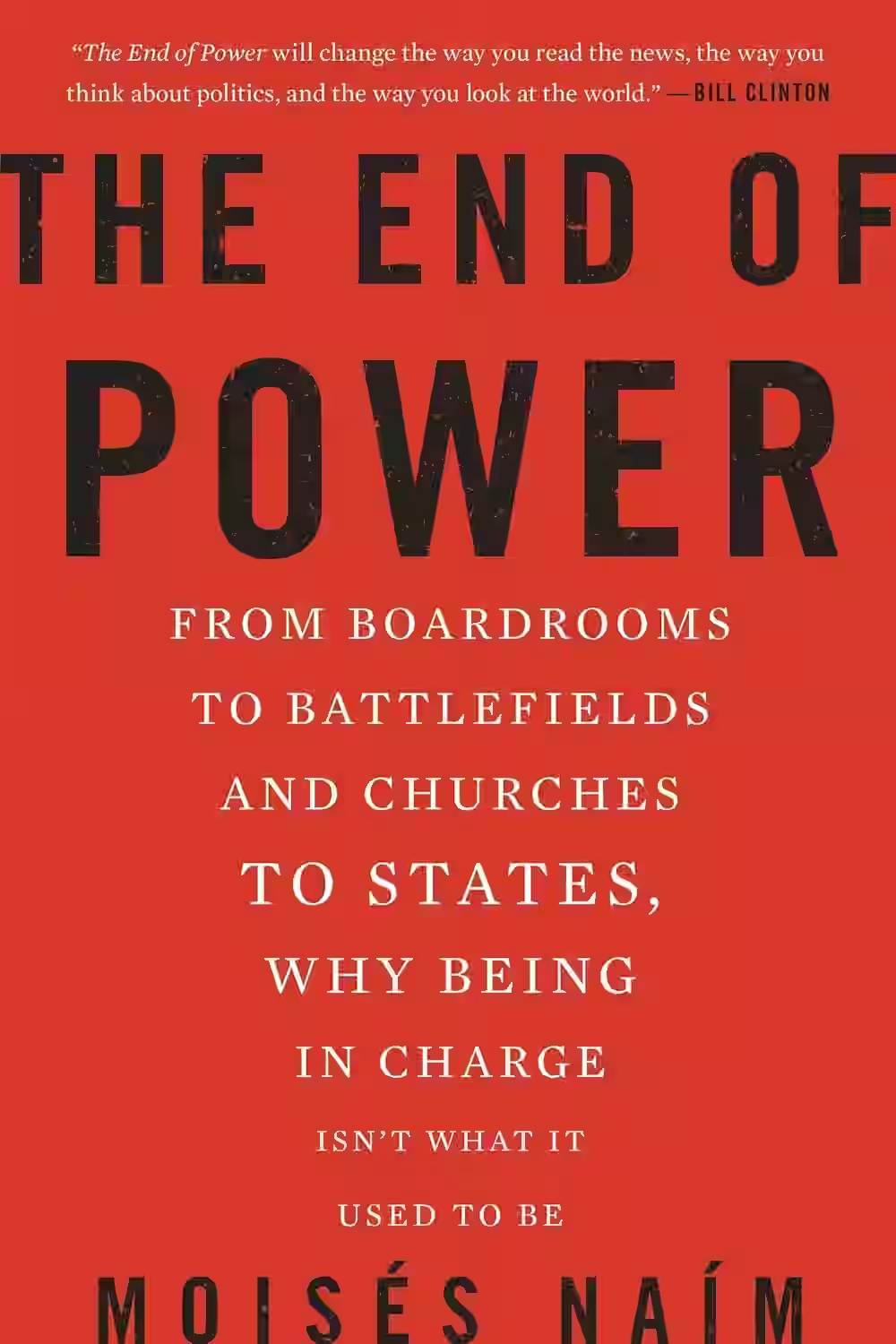
Naím explores a global shift in how power is acquired, wielded, and lost. He argues that power is becoming more widespread but harder to maintain, as traditional institutions lose influence to smaller players and individuals. Through examples in politics, business, military, and religion, Naím shows how the erosion of hierarchy and the democratization of influence are reshaping society. This book challenges assumptions about leadership and authority in the 21st century. As the inaugural selection for Mark Zuckerberg’s book club, The End of Power offers a thought-provoking look at the fragmentation and volatility of modern power structures.
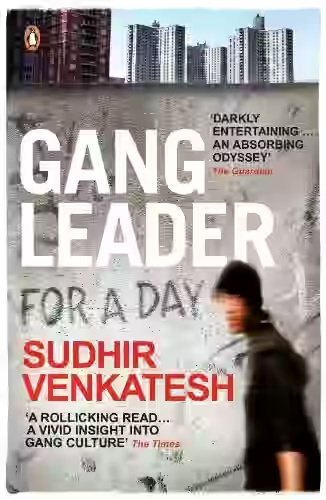
In this gripping ethnographic memoir, sociologist Sudhir Venkatesh recounts his time embedded within a Chicago gang. Hoping to study urban poverty, he befriends a gang leader and gains unprecedented access to the daily operations of the Black Kings. What he finds is a complex underground economy and a surprising code of conduct. Venkatesh balances storytelling with sociological insight, humanizing gang members while exposing the systemic issues they face. Gang Leader for a Day is a powerful, eye-opening look at life in marginalized communities and how informal power and survival operate in America’s inner cities.

Eula Biss blends science, memoir, and cultural criticism in this thoughtful examination of vaccines and public health. Prompted by her experience as a new mother, Biss investigates the history, fears, and philosophies surrounding immunization. She explores how ideas of purity, trust, and community intersect with medical decisions. By drawing on mythology, literature, and science, she unpacks the social implications of immunity—not just as biology, but as a collective responsibility. On Immunity is a deeply intelligent and lyrical argument for vaccination as a civic act, offering clarity in a world rife with misinformation and anxiety about health.
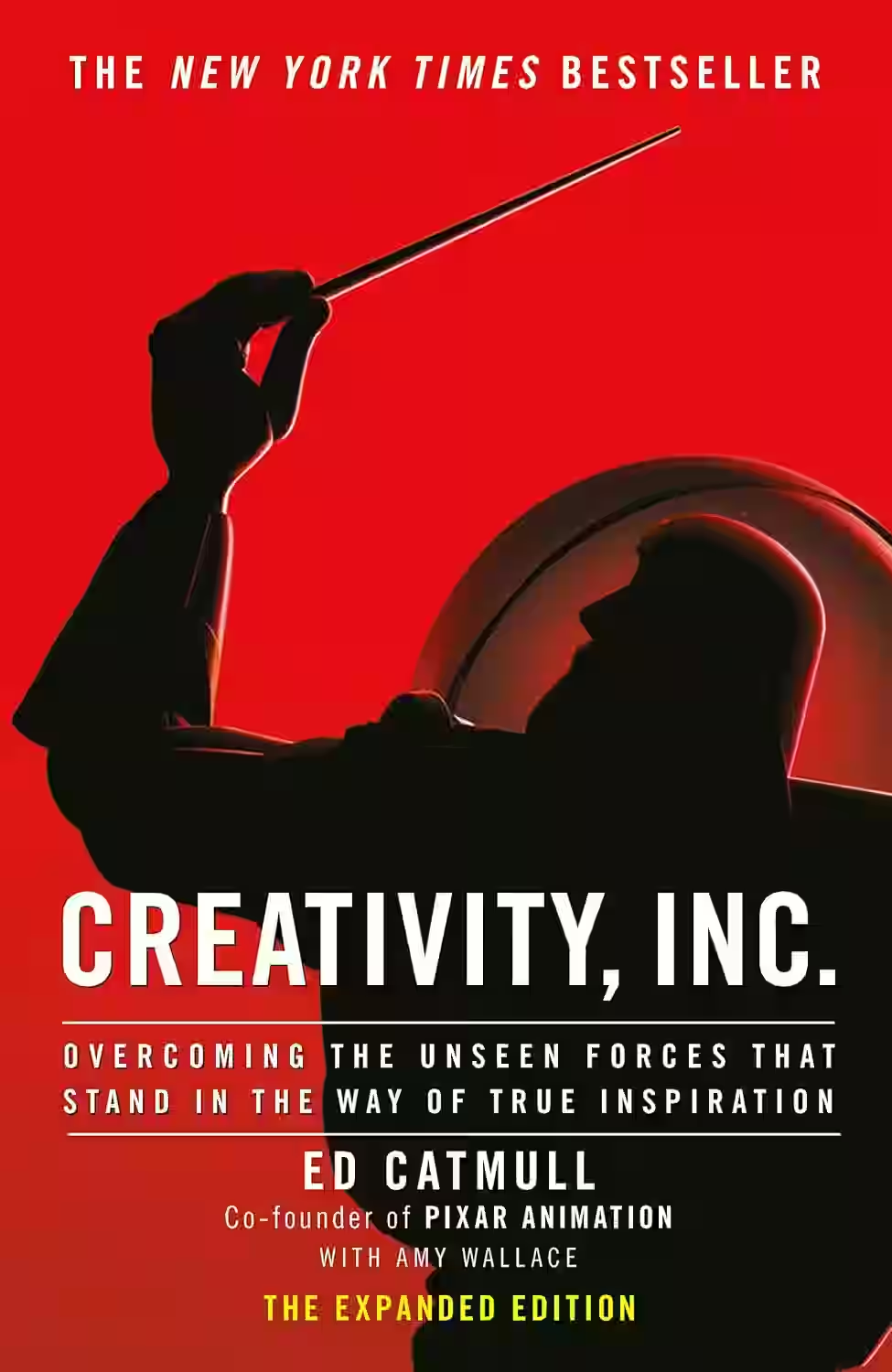
Ed Catmull, co-founder of Pixar, offers an insider’s guide to building a creative culture. Through stories from the making of beloved films like Toy Story and Finding Nemo, Catmull reveals how Pixar nurtures innovation while maintaining excellence. He discusses leadership, collaboration, and the importance of candor in creative work. Central to the book is the idea that protecting creativity requires careful management of failure and feedback. Creativity, Inc. is not just a memoir—it’s a manual for leading with purpose, whether you’re in animation, tech, or any field requiring bold ideas and inventive teams.
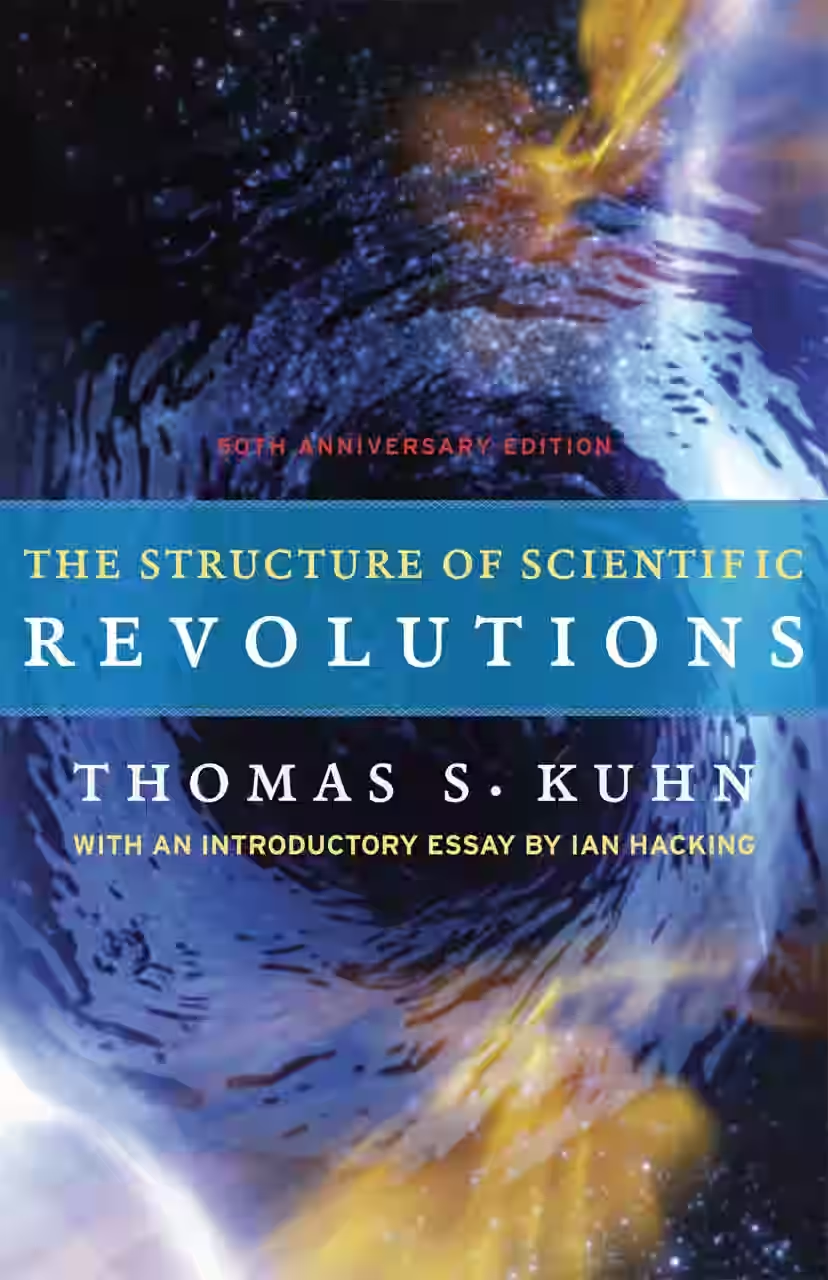
Kuhn’s seminal work revolutionized how we understand science. He argues that scientific progress doesn’t occur gradually, but through paradigm shifts—periods of radical change in fundamental frameworks. Normal science operates within accepted paradigms until anomalies accumulate, prompting a crisis and eventual revolution. Kuhn uses historical case studies to illustrate this cycle, challenging the belief in linear scientific advancement. First published in 1962, The Structure of Scientific Revolutions has had a lasting impact on the philosophy of science, influencing fields from sociology to history. It remains essential reading for anyone seeking to understand how scientific knowledge evolves.
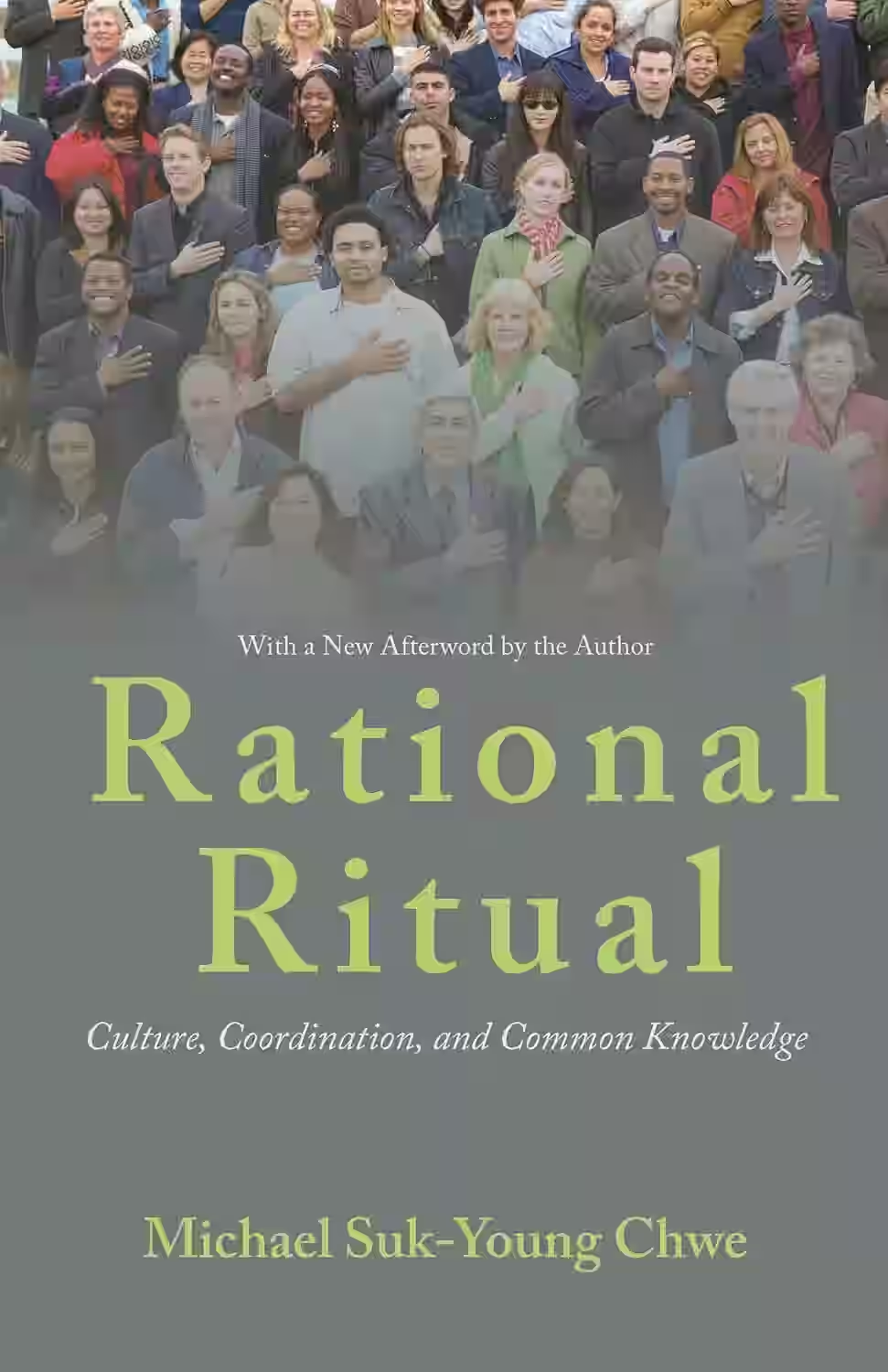
Rational Ritual explores how rituals—from presidential inaugurations to sports events—create common knowledge, a shared awareness that everyone knows everyone knows. Chwe, a game theorist, argues that these shared experiences are vital for coordination in society. By applying game theory to cultural rituals, he sheds light on why such practices persist and how they help societies function. The book offers unique insights into advertising, politics, and social networks. Zuckerberg recommended Rational Ritual for its relevance to online platforms, where creating and managing shared experiences is key. It’s an intellectually stimulating read for anyone interested in the intersection of culture and logic.
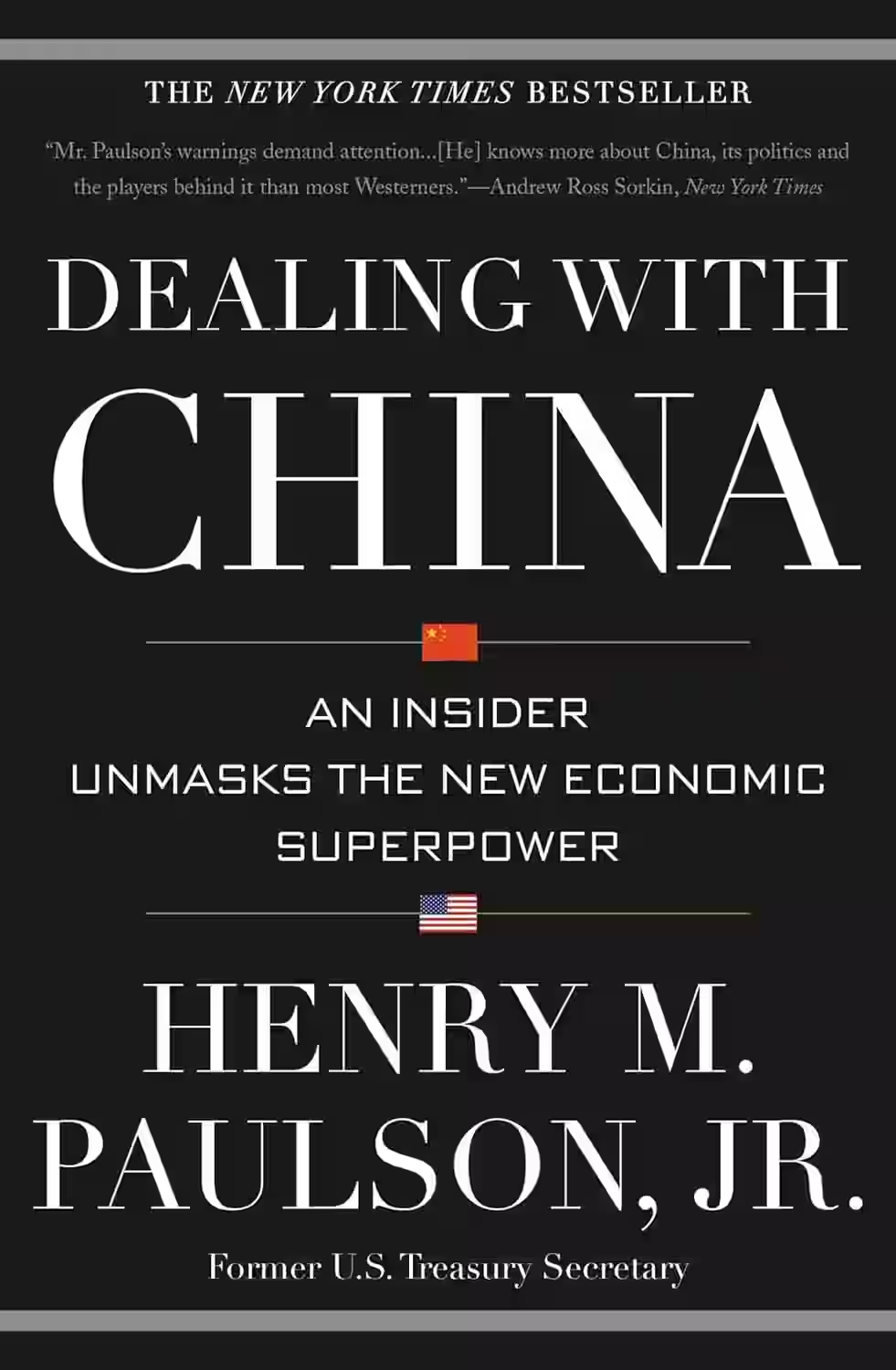
Former U.S. Treasury Secretary Henry Paulson offers an insider’s perspective on China’s economic transformation and its complex relationship with the United States. Drawing on his years of engagement with Chinese leaders as a top executive at Goldman Sachs and a U.S. policymaker, Paulson charts China’s rise, challenges, and ambitions. He candidly addresses issues like financial reform, environmental policy, and the shifting global power balance. Dealing with China is both a memoir and a strategic guide, offering practical insights for navigating U.S.–China relations in an increasingly interconnected world. It’s essential reading for policymakers, investors, and global thinkers.